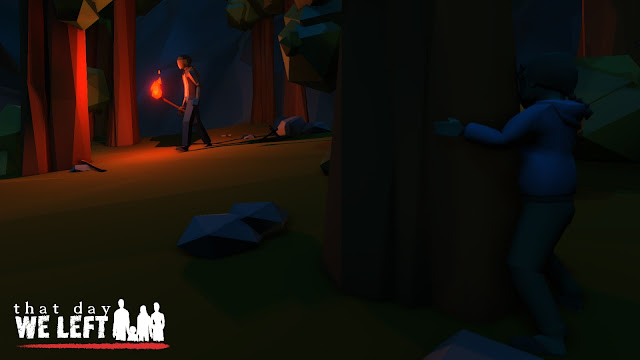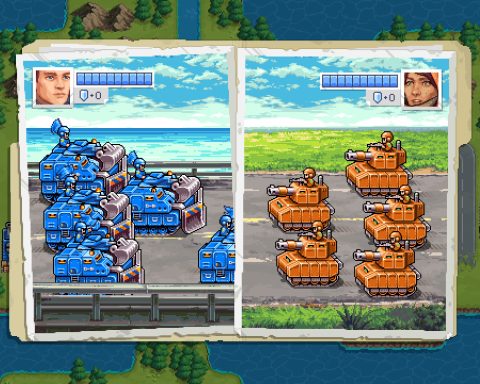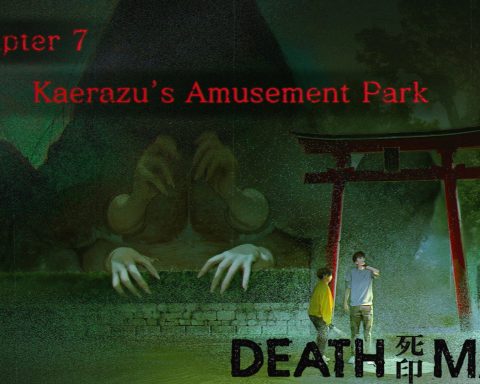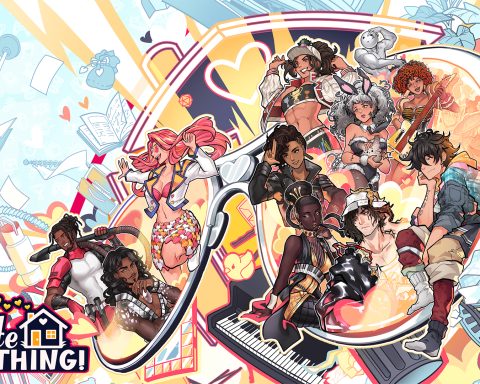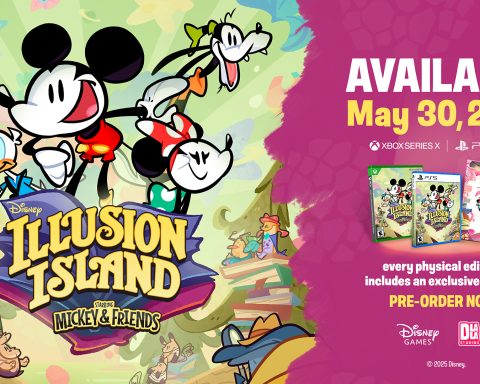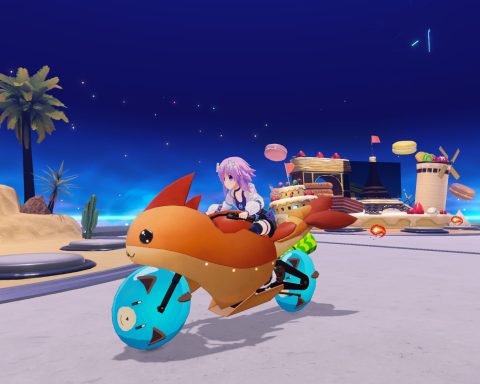Interview by Matt S.
It has been a good year for serious game about serious political topics. We’ve had titles such as 1979 Revolution focus on retelling a historical event that is rarely discussed without propaganda – that of the Islamic Revolution in Iran. Another example is NORTH – a highly abstract game that was designed around getting people to empathise with refugees.
The refugee crisis globally is certainly the most critical political debate that we’re having at the moment, and while it’s a discussion that has a substantial emotional impact on people, it’s one that needs to be explored through our art. These games might not necessarily be as much fun to play – perhaps, even, they shouldn’t be – but you only need to watch how people respond to asylum seekers around the world to know that these people are dehumanised in an extreme sense, and perhaps, by living their lives through media like games, a greater empathy for the challenges these people face can be fostered.
That Day We Left, by Innervoid Interactive, is another game that’s looking to give players the experience of being a refugee. Billed as a survival game, one look at the screenshots is enough to tell us that this is going to be a powerful, moving experience.
I sat down with the project director, lead designer and writer at Innervoid Interactive, Nathan Piperno, about That Day We Left, the hugely political nature of the game, their goals with it, and that hauntingly beautiful art style.
To read on, please log in with your DDNet Premium account:


